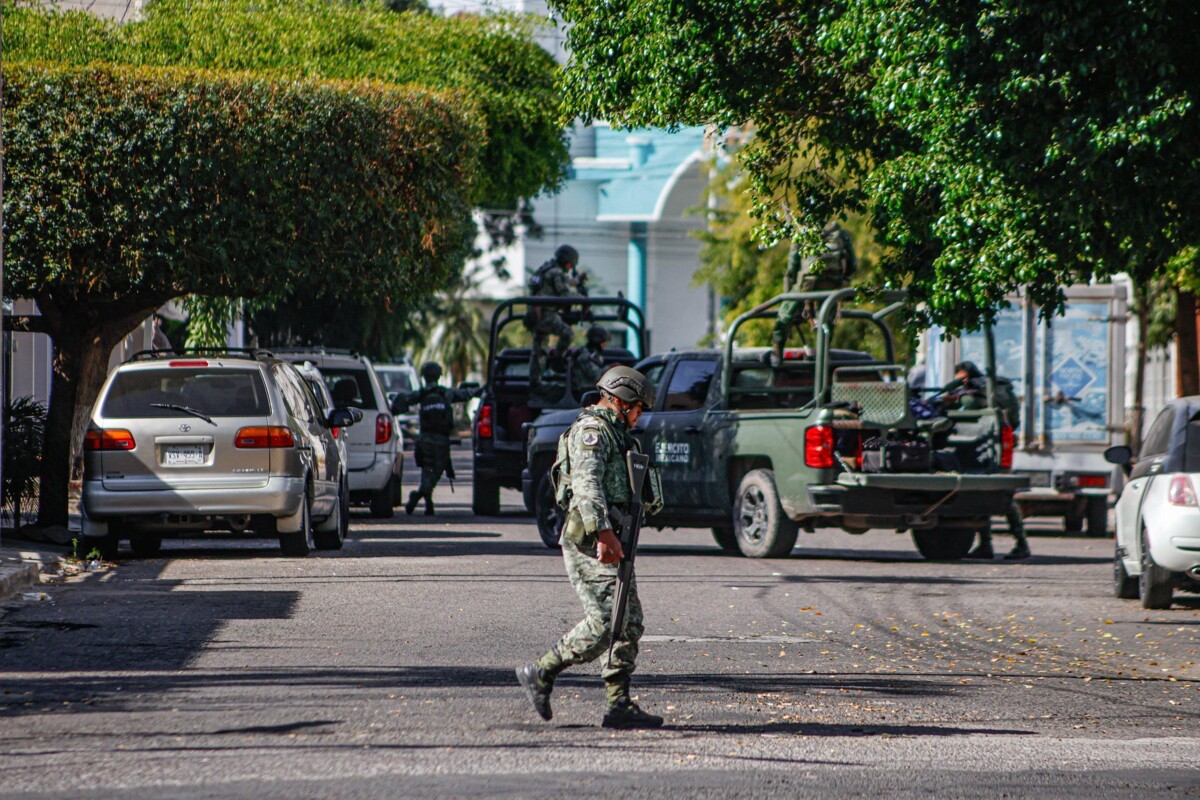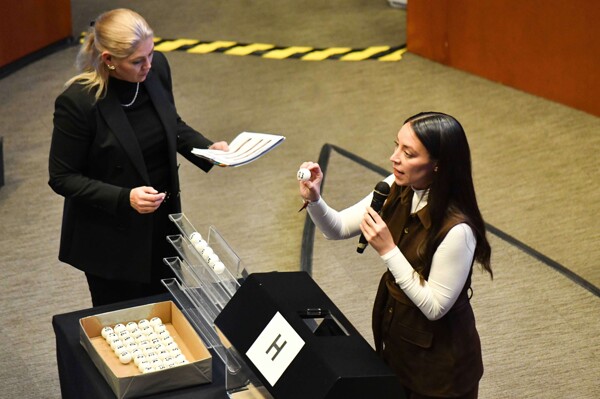
The recent measures announced by the United States with the intention of classifying certain leaders and criminal organizations in Mexico as terrorists have generated concern in the country. President Claudia Sheinbaum and several analysts have expressed their opinions on this matter, highlighting that this designation does not directly address the main objective of President Donald Trump, which is to stop the illicit trafficking of fentanyl and migrants to the United States.
The delicate situation raises questions about how the president of Mexico will address the possible labeling of political allies, officials, and members of the ruling party as supporters or collaborators of Mexican terrorist groups. This situation could have a significant impact on businesses, parties, and families in Mexico, as the United States now has unprecedented knowledge of the activities of Mexican cartels.
In addition to the legal consequences, such as asset freezes, travel bans to the United States, and the inability to conduct business transactions with American companies, President Sheinbaum faces the challenge of identifying those individuals and organizations that support these criminal groups. The information collected by U.S. agencies in recent years, through legal processes such as trials against prominent figures like Joaquín "El Chapo" Guzmán, has allowed for extensive knowledge of the operations and connections of these organizations.
The challenge for Mexico does not solely lie in the designation of cartel leaders as terrorists, but also in the possible inclusion of public officials, legislators, and other figures on the list of supporters, facilitators, or enablers of these organizations. Public celebrations and recorded interactions on social media could become incriminating evidence of links to the groups deemed terrorists by the United States.
Despite the political and governance implications this entails, the blacklist of terrorist organizations will not be subject to negotiation. President Sheinbaum faces the challenge of distinguishing between those who collaborate with cartels and those who have simply been wrongly linked. The possible inclusion of politicians, officials, and businessmen on this list could have devastating consequences for their reputation and career.
In a context where criminal organizations have shown their ability to influence political decisions and finance electoral campaigns, identifying those who support these groups becomes crucial. Classification as a collaborator of a terrorist group can be enough to be included on the blacklist, without needing to belong directly to the criminal organization.
The impact of these measures is not limited to the legal and financial sphere but also poses serious reputational consequences for those who are labeled as supporters of Mexican cartels. The precedent set by cases such as the trial against the company "Chiquita Brands International" for its support of a terrorist group in Colombia underscores the seriousness of these accusations and the implications they carry.













